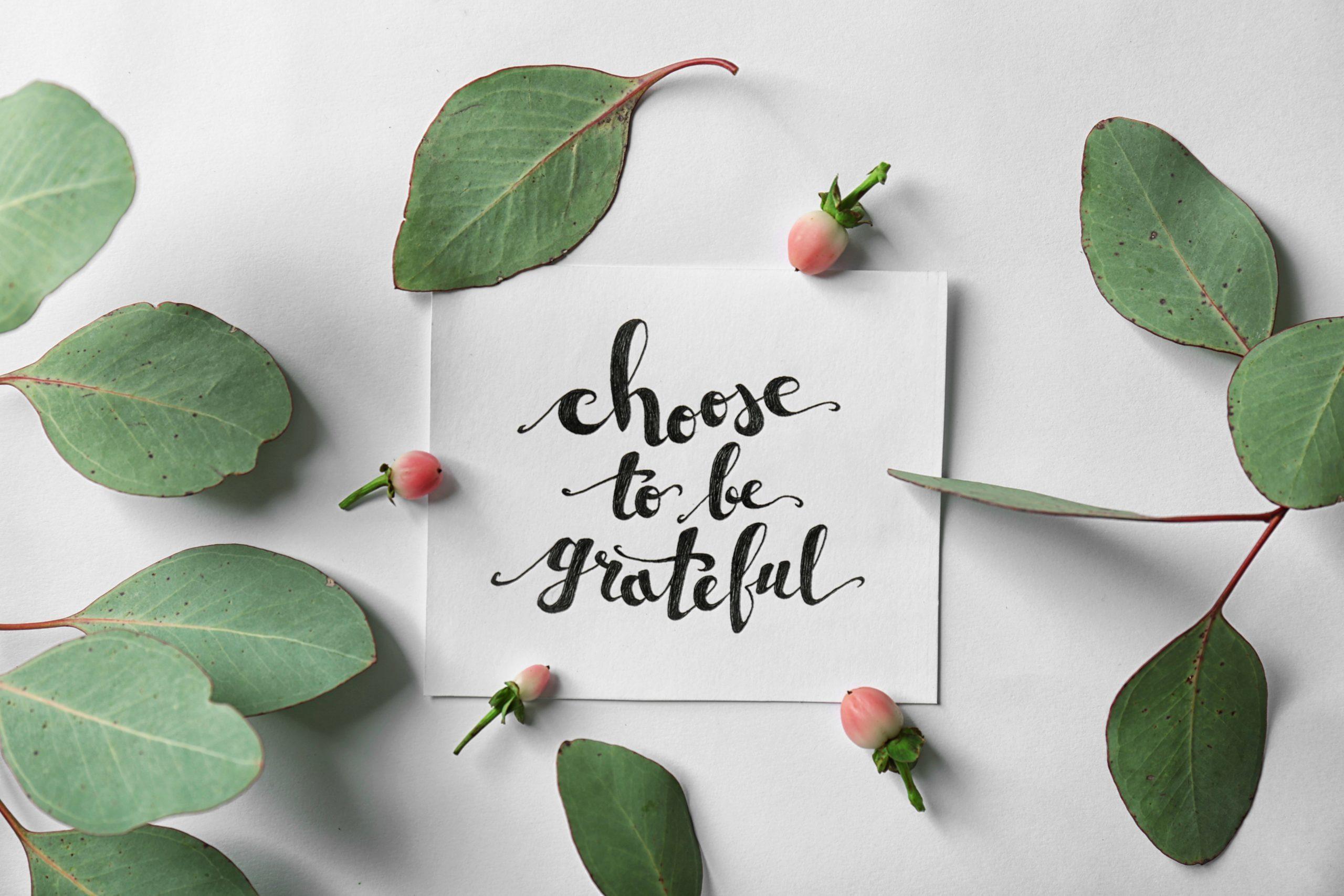
Being grateful...It is such a nice concept and so hard to hold onto, many of us wake each day and remind ourselves to be grateful. I know I do. Why is gratefulness so difficult to sustain? Is being grateful just a feeling that we are asking ourselves to recognize each day?
" What soon grows old. Gratitude.-Aristotle
Aristotle recognized that gratefulness was fleeting and perhaps he was also telling us that it is simply an internal feeling. Does it matter? Can something be a virtue if it is just a feeling we have inside that we attempt to conjure up in order to make us happier? I am not being trite here, I am trying to discover if gratefulness is a virtue or is a vehicle to virtue. I believe that a virtuous life leads to happiness, so understanding how to facilitate the journey is critical to discovering happiness.
Many motivational speakers today suggest gratitude journals or daily reflections that ask us to write down 5 things we are grateful for each day. I try to do this practice each day, but as with anything, consistency is difficult. If we begin each day taking the time to acknowledge how grateful we are for the blessings in our life, we will be happier? I think it is a simplification of the process of gratefulness or perhaps a generous understatement of how difficult it is to actually sustain happiness. If we take time to be present each day for a few moments, does this help us sustain the feeling of gratefulness? Probably. But does it lead to happiness, probably not. Happiness is much more complex than simply being thankful for the blessings in our life. Happiness is a lifelong pursuit, it is not something we can achieve and then sit back for the rest of our lives expecting to be happy. But perhaps a grateful mindset helps us to be in the right frame of mind to actually recognize happiness. I believe that we must recognize the good parts of our life and acknowledge them each day in order to have a positive mindset.
Happiness is far more elusive than simply acknowledging our blessings, happiness is that which we all seek, but most don't know how to get.
How many times have you sat around the dinner table and asked each person, "What do you wish for?" Inevitably, someone says, "I wish to always be happy." Well, that is a tall order! If we all desire happiness for happiness sake alone, as Aristotle purports, we are better able to ascertain how we should live. If happiness is the goal, it should follow that all of our activities should be in the pursuit of happiness. Aristotle believes that you must first define what it means to be happy, and a little hint here, it doesn’t mean that you should pursue pleasure at every turn. Happiness is defined as the "best good” according to Aristotle. So, what would make you happy may not make me happy, does that follow then? Well, perhaps, but the real crux here is that if you pursue your life rightly, you will behave properly each and every day, thereby becoming consistent and excellent. How did he make that leap? A minute ago we were talking about happiness and perhaps you were thinking that you should forego work and relax on the beach each day, not so, says Aristotle. You need to identify what makes us human, or more succinctly put, what is the function of being human? Aristotle believes it is "the activity of the soul in accord with reason or requiring reason.” Aristotle wants us to understand that we are here for a purpose, that we all share the same goal, happiness…however the path to truly achieving happiness begins with an understanding of our function as humans. He identifies reason as our uniquely human function, and to achieve excellence, we must learn to reason well. So, let’s go with this pursuit of knowledge and see where it leads. I like the exploration of what makes us uniquely human because it provides a framework for our behavior. If we learn to reason well, we will do well in our personal and professional pursuits. But achieving excellence, doesn’t that seem a bit daunting? Aristotle understood that the pursuit of excellence was a lifelong activity and he put it eloquently when he stated, “For one swallow does not make a spring, nor does one day; nor, similarly, does one day or a short time make us blessed and happy.” The point is that it takes a complete life to measure one’s excellence and proper behavior must be exhibited again and again.
So, this Thanksgiving, remember that "without friends no one would choose to live, though he had all the other goods" - Aristotle. It isn't about the stuff we buy or the power we achieve...It is about the friends we cherish, the life we live each day, and the connections we make with others.
Aristotle, ., Ross, W. D., & Brown, L. (2009). The Nichomachean Ethics. Oxford: Oxford University Press.
